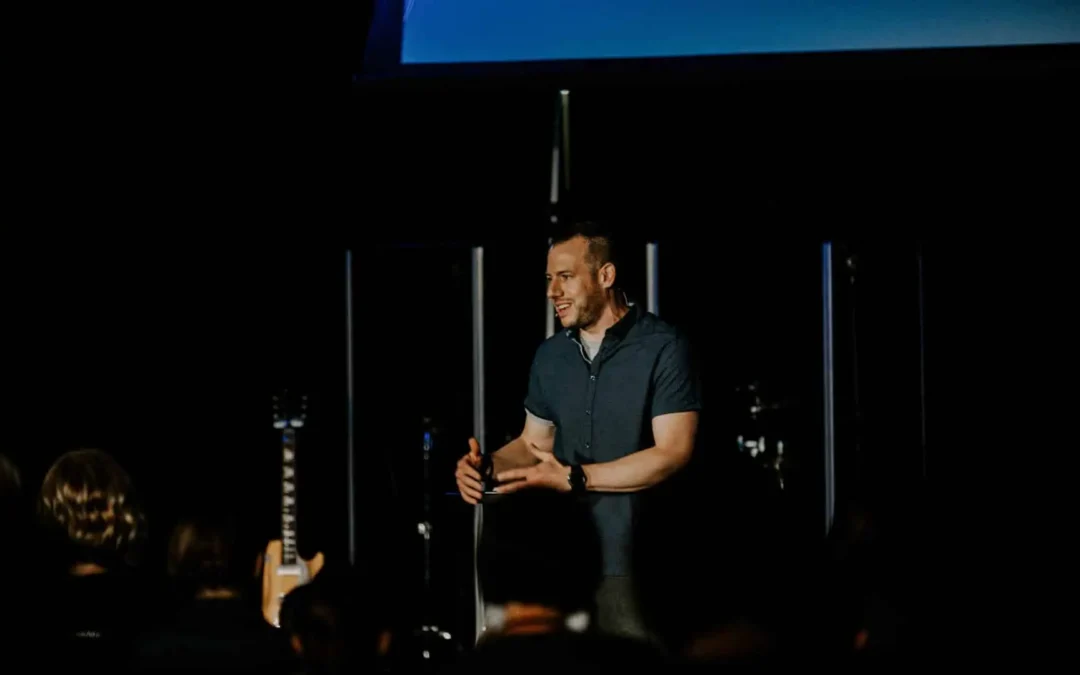Hiring someone who turns out to be a poor fit is a costly, time-consuming mistake. It’s a lot more challenging to let someone go than it is to pass on them at the very beginning—especially in a church context. Here are five mistakes to avoid when hiring a new staff member.
1. Focusing on experience over cultural fit.
It’s normal to feel excited when a résumé comes across your desk from someone who has worked at a well-known church or has studied at a respected university or seminary. Do not, however, let these accolades cloud your judgment.
You want to hire someone who resonates with your mission and gels with staff and volunteers. Skills can be learned over time, but fixing the overall fit is a lot more complicated.
2. Neglecting to check their background and references.
It is troubling to admit, but the church circuit can be an ideal shelter for criminals or abusive people. Many churches fail to do their due diligence when hiring. This is why it is absolutely vital to check references, call the person’s previous church or ministry and speak to multiple people there, and ask the applicant tough questions.
The nature of church work often requires trust and vulnerability. Members of staff and members of the congregation expect that people working in the church are trustworthy and thus open up about their personal lives. Negligence when it comes to vetting candidates creates opportunities for your staff and members of your congregation to be harmed by those who would prey on that trust and vulnerability.
3. Elevating someone because of their gifts or talents.
We all have God-given gifts and abilities. These proficiencies, however, are not necessarily a ticket to ministry. You might have a young person in your congregation who is an incredibly moving speaker or a charismatic volunteer. And on the strengths of those gifts, it might be tempting to hire them—even if they have not yet developed the maturity required for ministry.
Every church should have a plan for recognizing potential and discipling individuals toward maturity. But a lot of messes can be avoided by recognizing that someone’s talents are not an automatic license for leadership. Leaders must be developed and refined.
4. Involving too many people in the hiring process.
It takes a significant investment of time and resources to hire well. But if there are too many people involved, the process can become painful—for everyone. The logistics of getting people in the same room are often difficult enough, but when the time comes for finding consensus around a particular candidate, it can get rough.
Keep your hiring team small and agile. Get feedback from the people who will be most impacted by the decision, but do not feel like you need to include everyone in every aspect of hiring.
5. Forgetting to check their virtual footprint.
At least one person on your hiring team should be tasked with Googling applicants, checking social media accounts, reading their blog posts or published articles, and listening to podcasts where they have been the guest, etc. These public accounts can give you insight into potential hires—insight that their résumés or the interview process may not reveal.
You might pick up on skills or abilities you could really use on staff, or this review could alert you to theological issues you need to talk about in their interview. It is also critical to remember that anyone in your church can research an applicant online, so you want to make sure that there are no glaring problems that a member might find after you have hired the applicant.
Making smart choices.
As you go through the hiring process, aim to ensure the people on your team are going to bring significant value and contribute to the culture. The right hire can improve morale, enhance processes, and help grow your church. The wrong hire can do the exact opposite. These tips will help you make a wise hiring decision and develop a team that functions well.




